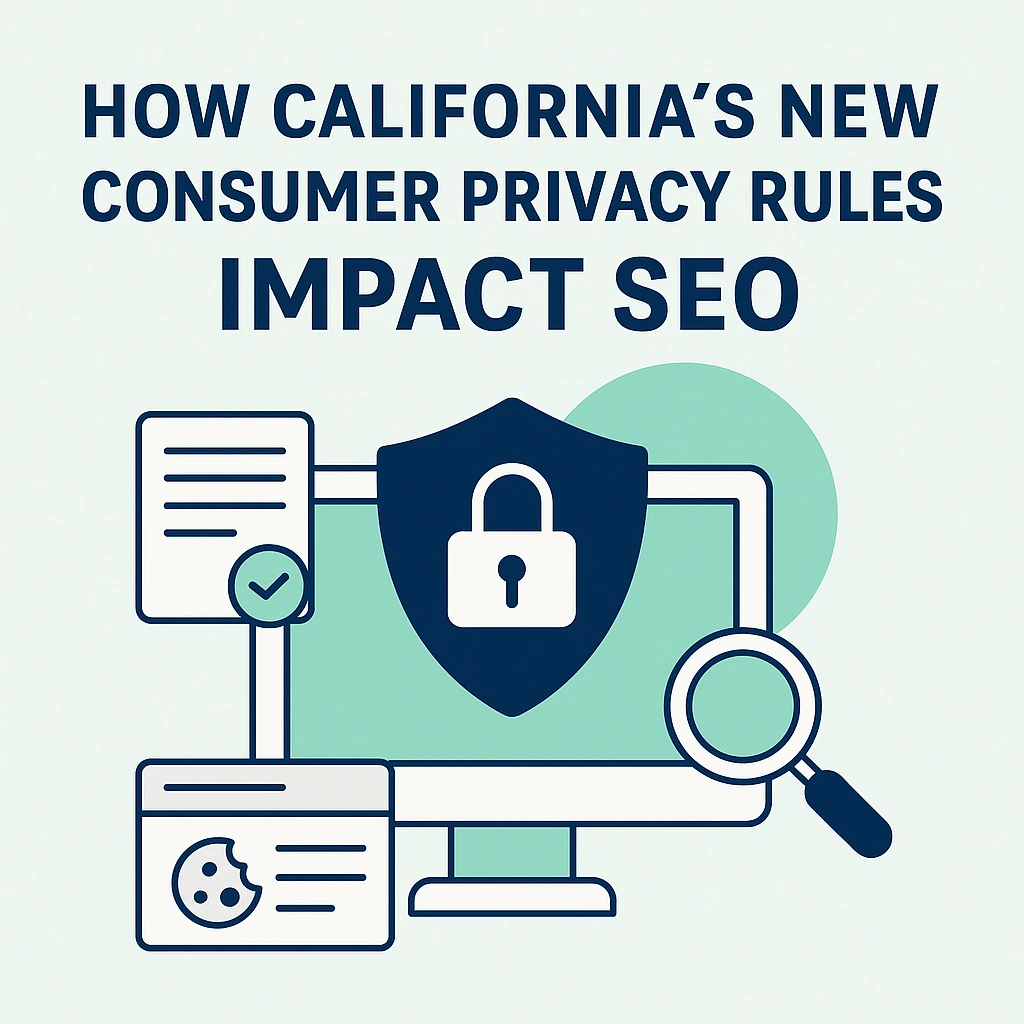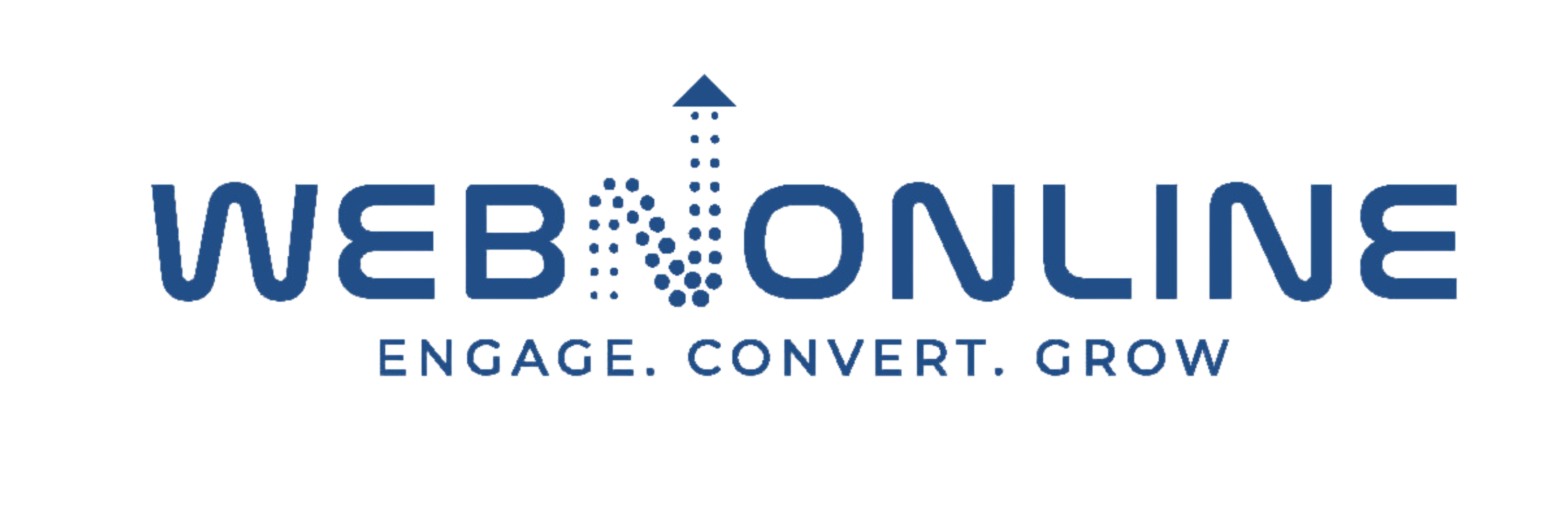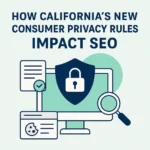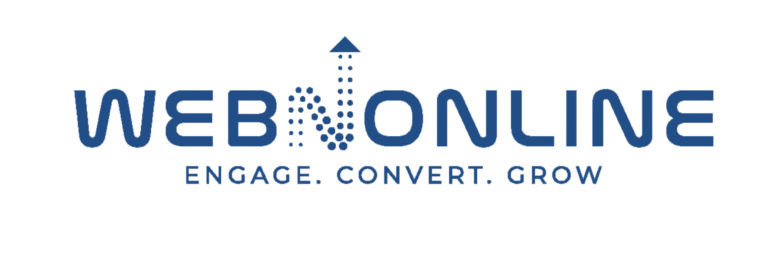
In today’s data-rich environment infused with personalization, consumer privacy is front and center. California, a perennial frontrunner in technology and policy, has stepped up once again to lead the way by changing how businesses interact with consumers online. With the California Consumer Privacy Act (CCPA) and California Privacy Rights Act (CPRA), companies must now adhere to stricter data handling and collection practices, which directly affect digital marketing and SEO. Marketers that rely on analytics, behavioral data, and personalization for rankings and engagement must understand how California’s new consumer privacy regulations impact SEO and digital marketing.
This blog post features an overview of California’s shifting privacy landscape and how it’s changing SEO practices. From restrictions on keyword research and tracking to compliance signals and trustworthiness, we will identify dimensions of privacy laws relevant to SEO—and we’ll provide some actionable things you can do to future-proof your SEO strategy.
Table of Contents
An Overview of California's Consumer Privacy Laws
California’s emphasis on consumer privacy is cultivated through two powerful pieces of legislation: the California Consumer Privacy Act (CCPA) and its subsequent, strengthened legislation, the California Privacy Rights Act (CPRA)
CCPA – The starting point of modern data rights
The CCPA was enacted in 2020 and gives California residents the right to:
Know what personal information is collected and for what it is used.
Request to have their data deleted.
Opt-out of having their personal information sold.
Not be discriminated against for exercising their privacy rights.A company must collect data from more than 100,000 California residents or process personal information from a website that generates $25 million or more in revenue or receives 50% of annual gross revenue from selling personal information.
CPRA – Expanding consumer protections
The CPRA will go into effect in January. 2023, continuing from the CCPA but expanding on the following concerns:
Sensitive personal information (SPI)- geolocation, race and health data
Data minimization – you may only collect information that is necessary
User correction rights – Consumers are able to correct inaccurate data
Creation of the California Privacy Protection Agency (CPPA) to monitor compliance
Moreover, the CPRA has new requirements for businesses to have contracts in place with third-party vendors that may process personal information, which would include things like SEO tools, analytics platforms, and martech stacks.
The Intersection of PI Laws and SEO
The discussion of how these new consumer privacy laws will impact your SEO practices begins with the understanding of just how reliant SEO has become on consumer data. Your SEO strategies may involve consumer behavior insights, clickstream data, location tracking, audience segmentation, etc. Under the new privacy laws, you can no longer collect in these ways and use the user data without the user’s specific consent to use their unique data.
What used to be common – installing tracking cookies and personalizing web content based on a user’s previous behavior – now requires clear opt-in and consent processes or the explicit consent of the consumer. Therefore, marketers will need to consider how to efficiently optimize any digital media while being respectful of their consumer’s data, and commensurately complying with the new privacy laws.
Keep in mind that as search engines like Google have had to implement user privacy rules they are evolving also. Google’s algorithm changes are creating a fundamental shift in the fundamentals of SEO marketing techniques. More often Google’s algorithm favors sites that respect user privacy, are fast and transparent – think “value exchange” learning. Any site that “judges” users before allowing them to enter or engage in disingenuous data practices are receiving a penalty. Thus, privacy is becoming a social obligation – not just a lawful obligation – and a best practice from an SEO perspective.Challenges of Keyword Research and Behavioral Data
One of the primary matters SEO experts confront in this new climate of privacy is the limitations on behavioral data access. Tools reliant on Cookies or JavaScript tracking, limiting factors when a user refuses the use of Cookies that require consent, make it an uncontrollable factor that results in:
Partial data when it comes to traffic. Traffic sources that reserve the right to refuse cookies will be excluded from behavioural analytics, leaving you with numbers that skew bounce rates, session time, device type.
Limited audience information. No geographic or demographic profiles mean creating a segmented content strategy is nearly impossible.
Lost Signals on Personalization. Personalization can have major ranking implications in SERPS, or the ability to Behaviourally target users diminishes accuracy.
The solution is to continue to build SEO strategies that move away from behavioral data, and instead placing a focus on an intent-based keyword strategy that uses public data in conjunction with services such as Google Search Console so as to leverage anonymized heatmaps and user feedback. Broad search trends are definitely more qualitative than quantitative, evergreen queries, or content with contextual relationships should be focused on rather than a direct response to a behavior pattern.
The Impact on SEO Tools and Platforms
There is no denying that analytics tools are one of the most affected services to comply with the new Californian privacy laws. As for analytics there isn’t a distinct market leader like with SEO, Google (GG) and other analytics vendors must comply and cannot overrule the CCPA and CPRA, which introduces new levels of complexity to data reporting and analysis.
GA4 and Consent Mode – In order to not violate an individual’s rights, users can still collect data on individuals but only after they authorize the use of their data. In 2022, Google released GA4, which has Consent Mode built in its functionalities.
If a customer does not authorize their data, GA4 will only collect anonymized data, and will state outright doing so, and this type of data could include group data that is identifiable, demographically.
This is a good framework because it does collect data in a familiar way for marketers, but there is still a gap in reporting. Marketers have become accustomed to using offered by Universal Analytics more or less over the past few years, so this has changed KPIs in now having to thinkThird-Party SEO Tools
Other tools may also collect user behavior data that is subject to privacy regulations, such as Hotjar, Crazy Egg, SEMrush, and Ahrefs. You should:
Audit any and all tools that track user behavior.
Verify that vendors share compliance documentation.
Utilize first-party data wherever possible.
User Experience (UX) and Website Compliance Signals
User experience (UX) is a ranking factor for Google, and privacy regulation compliance is now a part of that experience.
Key areas to concentrate on:
Cookie consent banners should not cover content (Google does not like intrusive interstitials and SEO scores can decline).
Privacy policies should be easily found (footer and main navigation).
Opt-in forms should indicate how the data will be utilized and should allow users to control how granular they can be.
Websites that are honest and have easy-flow opt-in/out processes can rank better and have better conversion rates. Compliance should improve user trust, decrease bounce rates, and increase time-on-site, all of which can positively influence SEO.
E-A-T and Transparency
E-A-T (Expertise, Authoritativeness and Trustworthiness) is a framework that Google utilizes to evaluate content quality, especially for Your Money Your Life (YMYL) niches like health care, finance and law. Privacy and transparency help build the “Trustworthiness” aspect.
So why does privacy and transparency matter to E-A-T?
Data handling descriptions equate to responsible data practices and integrity practices.
Contact pages, about pages, and author biographies enhance the authenticity of the content.
Security practices, such as HTTPS and data encryption, improve the overall credibility.The more your site can show that you take user rights and data seriously, the more powerful your E-A-T signals will be, especially if you are working with a brand or marketing in California.
Privacy Compliant SEO Best Practices
If you want to keep rankings and comply with California’s rights-based privacy laws, SEO teams have to consider their SEO strategies with a privacy by design. Best practices include but are not limited to:
- Use a Consent Management Platform (CMP): a tool that allows users to accept or deny any tracking cookies, is transparent about their rights, and clearly shows how the data will be used.
- Move to Google Analytics 4: Turn on Consent Mode and to report on the metrics that are anonymized.
- Reduce 3rd party tracking tools: Limit your plugins to essential; remove ones that aren’t compliant; you may have to replace them.
- Revise your privacy policy: Be transparent about what, how, and what they can do with their privacy settings in regards to collecting users’ data.
- Use first party data well: Encourage email signups, surveys, and purposely engage your users to gain useful data; Permission based data.
- Segment SEO strategy: Explore using location agnostic keywords and universal search intention targeting to reduce geo-targeted data asks.
Preparing for the Future: More States will likely follow California
California is the first, but not the last. Other States (Colorado, Virginia) have all produced, or proposed similar privacy laws and regulations and more will emerge within the next year. This creates a patchwork of privacy practices in the United States, and complications for SEO teams managing national or multi-state campaigns.
To future proof SEO:
– Create any cookie banners, data collection, disclosures in templates that are global privacy compliant.
– Treat California’s legislation as a base of minimum standards required across all markets.
– Track regulatory changes and accommodate your SEO platform and your data management content.
Going forward, Google and other search engines will take privacy compliant practices more seriously in their algorithms and websites that show that they take user rights and privacy seriously will be rewarded and others will be penalized.
Conclusion
As we have addressed, how does California’s new consumer privacy laws affect SEO is not a niche question anymore, it is baked into what this means for all digital marketing with regards to search optimization in a privacy-first world. From data collection, to searching, keyword research, to user experience (ux) design, to analytics, all aspects of the SEO ecosystem are being impacted by privacy laws.
The good news? Transparent businesses who build trust and act quickly will prosper. Google is increasingly aligning processes in favor of user-centered privacy-first practices, and user expectations are generally conforming in the same way. Once SEO teams are familiar with best practices, iterate and freshen up the toolset, pivot engagement strategies with users, organizations are staying compliant while increasing credibility, resilience and competitiveness.
SEO is not dead in the privacy-first age. SEO is evolving. The people who will evolve through these changes, will be the next leaders of digital.





